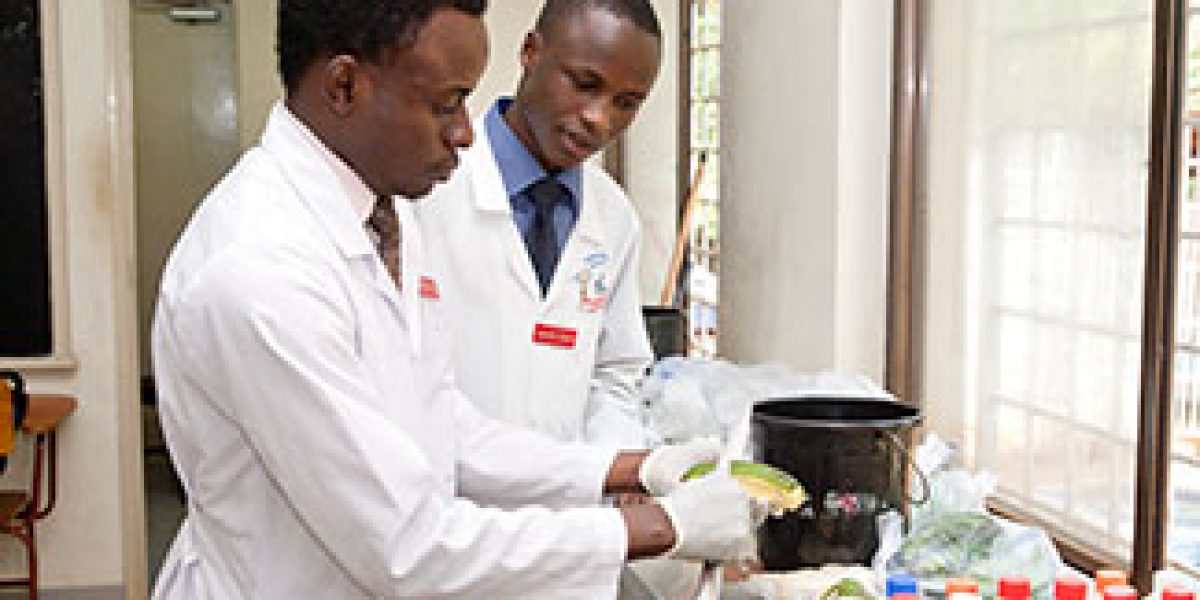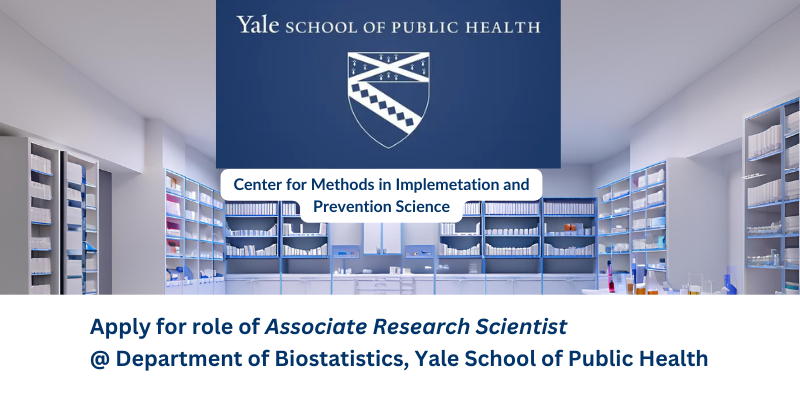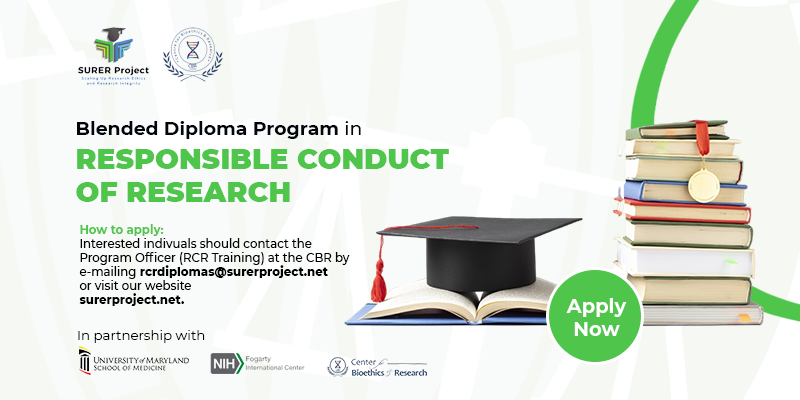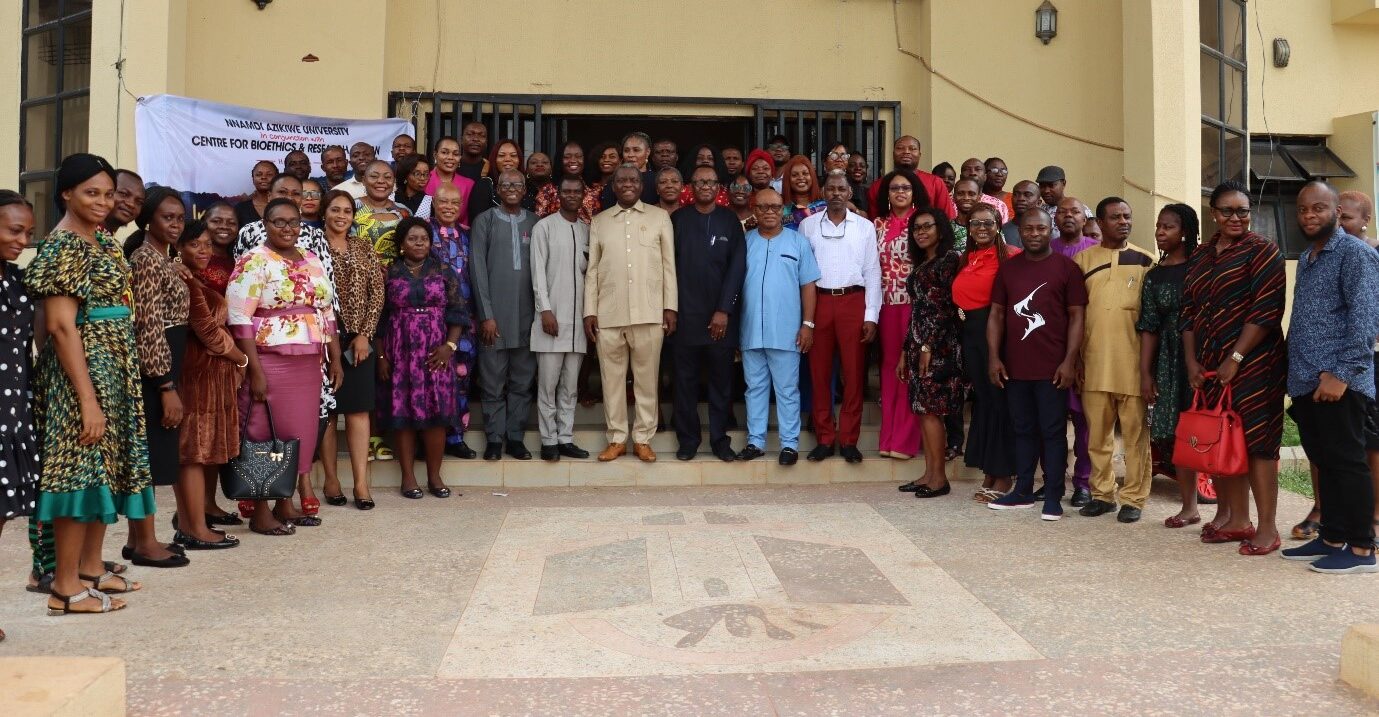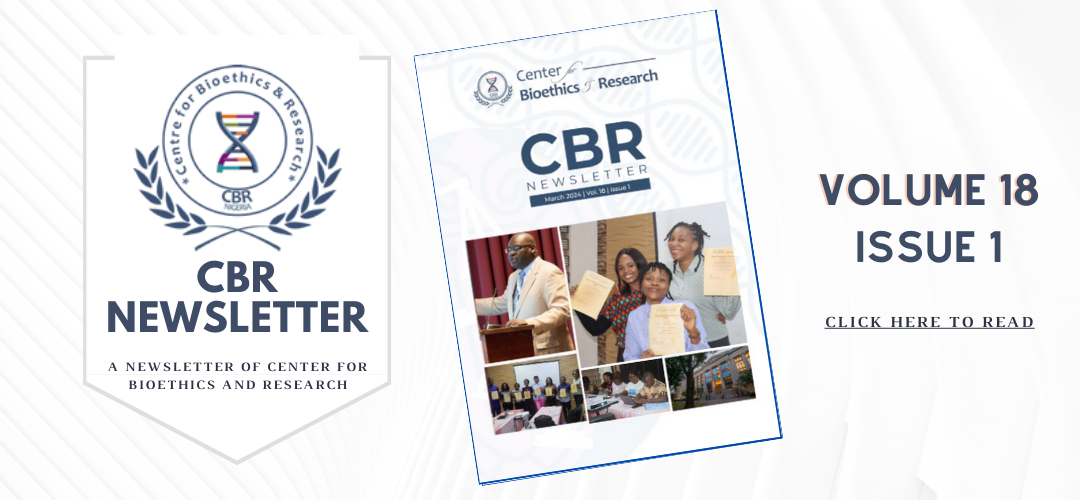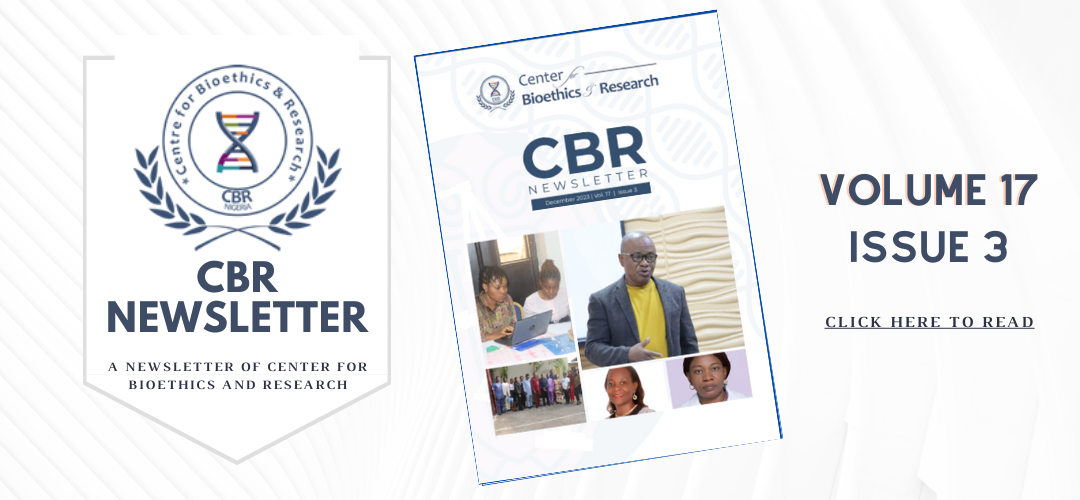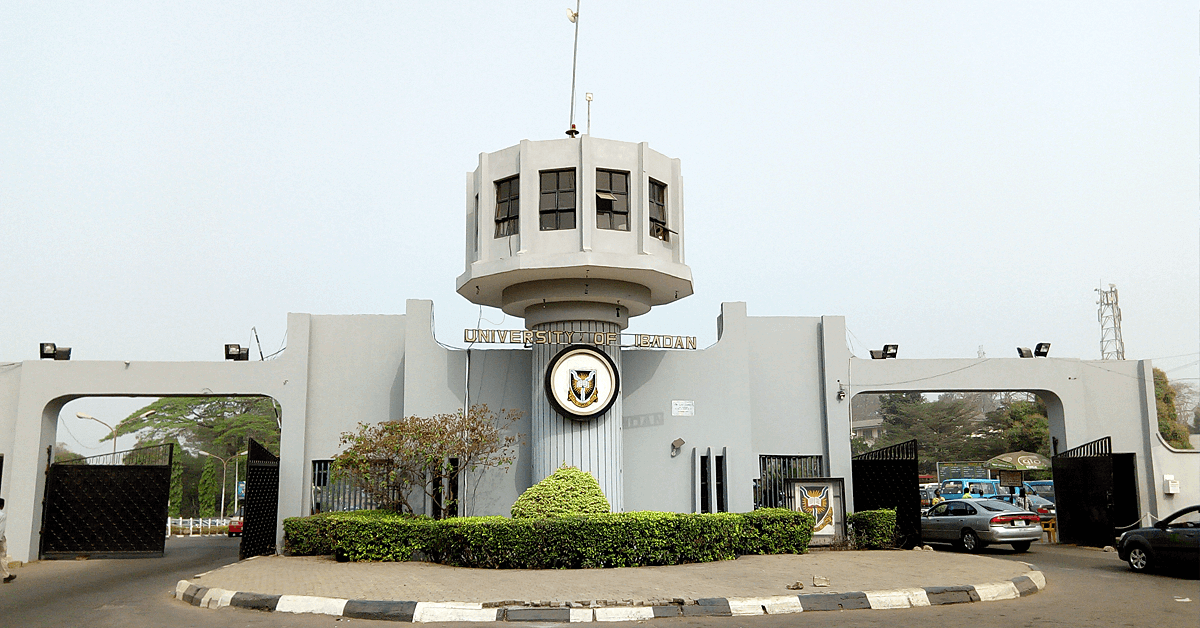Mentored Research Program for Early Career Bioethics Scholars From Low- and Middle-Income Countries: Open Call for Applications
Department of Bioethics, Clinical Center, National Institutes of Health
Early career bioethics scholars (PhD students, Postdocs, and Lecturers/Assistant Professors) from low- and middle-income countries (LMICs) are invited to apply for a mentored research program at the US National Institutes of Health (NIH).
Program Description
The Department of Bioethics, located within the NIH Clinical Center, offers a mentored research program for early career bioethics scholars from LMICs. Selected scholars will visit the Department of Bioethics and work on a research project in close collaboration with one or more faculty members in the Department. Empirical, conceptual and normative research projects are welcome.
Scholars will be given a workspace and take part in the daily life of the Department (e.g. work-in-progress seminars, ethics research lab meetings).
The program typically runs for a 2-3 month period between early-February to June, but other periods are negotiable.
Program Requirements
- Completion of the application packet. This is an open call, i.e. applications can be submitted at any point while the program is active.
- A research project that is within the area of interest of one or more faculty members in the Department of Bioethics and will lead to a peer-reviewed publication. Prospective applicants are encouraged to discuss their project ideas with a possible NIH mentor prior to submitting their application.
- Enrollment in a relevant PhD program, a PhD in a relevant discipline, or a relevant professional degree (such as MD or JD).
- Primary academic appointment or institution of study is in a low- or middle-income country, as defined by World Bank criteria.
- Endorsement of the application from a supervisor or mentor at the applicant’s home institution, including a statement describing how the applicant is currently involved in Bioethics research; how they will be involved in bioethics research after the NIH mentored research program; and how participation in the NIH mentored research program will enhance their involvement in these research activities.
- Eligibility for the relevant U.S. visa.
- Proficiency in English.
There is no charge for the program.
The Department sponsors the visa and offers a stipend to cover round trip economy class travel expenses from the scholar ‘s home city to Bethesda, MD, as well as living expenses for the approximately 2-3 month duration of the program. Up to USD 12,000 is for travel and accommodation. In addition, scholars have the option to apply for an additional USD 3,000 to cover relevant travel in the U.S. during their stay at the NIH Clinical Center. The Department of Bioethics does not have accommodations to offer; visitors typically find short-term rentals in the local/Bethesda area near NIH.
Application Packet
To apply, please submit the following:
- Statement of interest in the program, including a description of your current position and bioethics research; how the NIH mentored research program will be useful for that work in the home institution; and the preferred time period for your visit at NIH (max. 1 page).
- A research proposal describing the research project to be undertaken while at NIH; how that project fits within current research projects in the Department of Bioethics and your own research agenda; who among the NIH faculty might able to mentor the project; and whether there has been any prior discussion of the proposed research with a faculty member (max. 2 pages).
- Endorsement letter from a supervisor or mentor at your home institution. The endorsement should include a statement describing your current involvement in bioethics research; how you will be involved in bioethics research activities after the NIH mentored research program; and how participation in the NIH mentored research program will enhance your involvement in these research activities. The endorsement letter should be written on an official letterhead and provide a clear indication of the letter writer’s position.
- Curriculum vitae.
- If your native language is not English, evidence of English proficiency, such as TOEFL score, IELTS score, or previous education at English-speaking institutions.
Preferred File Format: We prefer receiving documents as PDF (.pdf) formatted documents.
Applications should be emailed to the program coordinator: renee.goodman@nih.gov
Applicants will be notified by e-mail within four weeks of receipt of their application.

